One year after the plane crash that triggered the grounding of Boeing's 737 Max fleet, Indonesian investigators have revealed a catalogue of errors that led to the deaths of 189 people.
On October 29, 2018, Lion Air flight 610 took off from Jakarta and crashed just 13 minutes later after a terrifying flight path involving wild fluctuations in altitude. Its final high-speed dive into the ocean killed all of the crew and passengers.
Five months later, an Ethiopian Airlines 737 Max crashed, killing 157 people. The entire 737 Max fleet worldwide was grounded as investigations began.
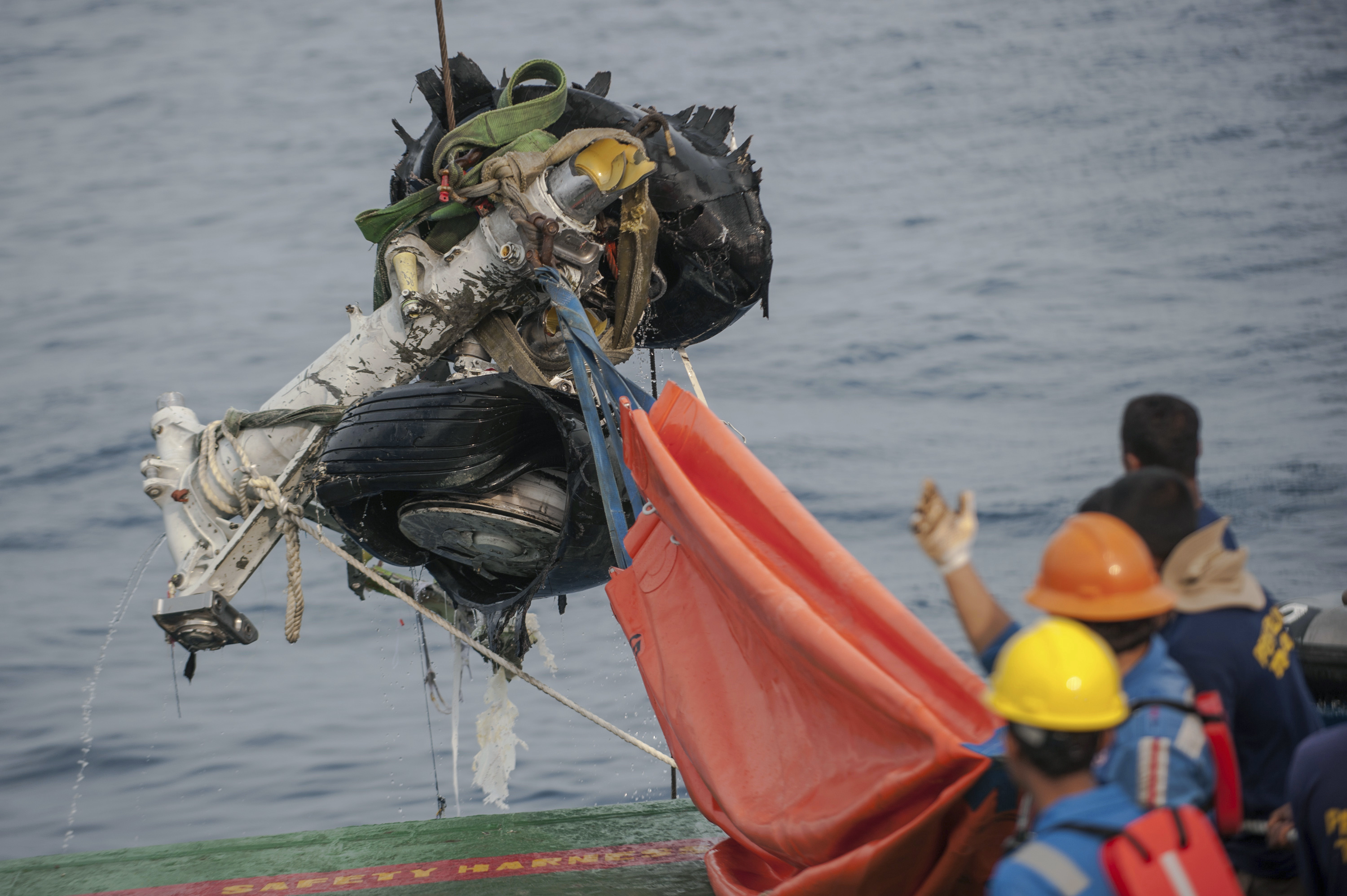
Faults with aircraft's anti-stall technology have been linked to both crashes.
Indonesia's National Transportation Safety Committee said in a report issued Friday that a combination of nine main factors doomed the brand-new Lion Air jet.
"If one of the nine hadn't occurred, maybe the accident wouldn't have happened," chief investigator Nurcahyo Utomo said.
TECHNOLOGY FAILURE
At the root of the Lion Air crash was a new safety system installed in the MAX 8 plane, known as the Maneuvering Characteristics Augmentation System (MCAS), that automatically pulls the plane's nose down if data suggests it is at risk.
In that flight, the system was responding to faulty data that suggested the nose was tilted at a higher angle than it was, indicating the plane was at risk of stalling.
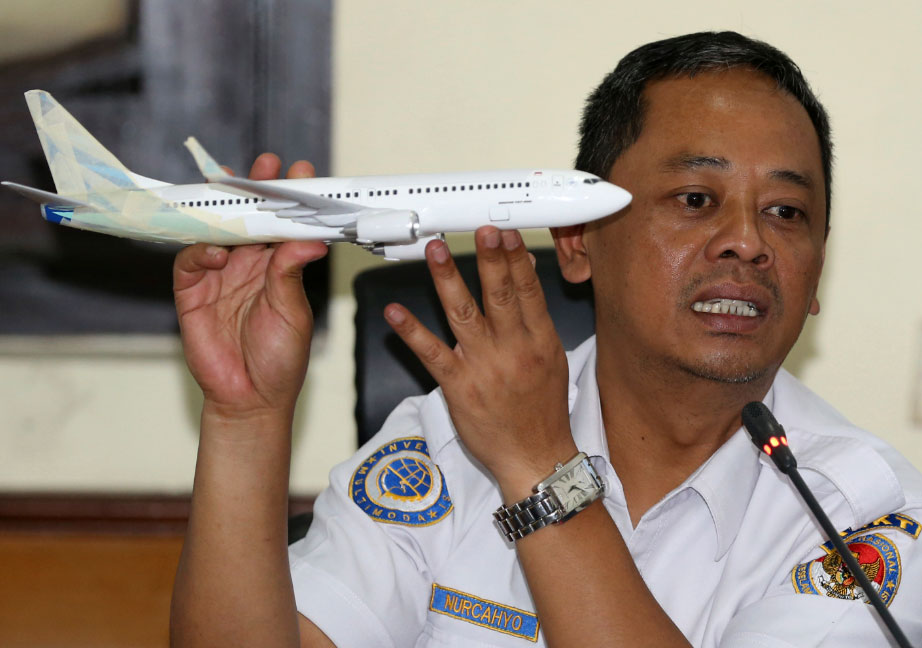
The pilots subsequently engaged in a futile tug-of-war with the plane's automatic systems, trying to reverse a nosedive that should not have been triggered so soon after takeoff.
The 322-page report detailed how the captain frantically ordered his crew to run through an emergency checklist.
Amid blaring alarm bells and frantic radio messages from air controllers, the co-pilot desperately searched the manual to find the checklist, reports Bloomberg.
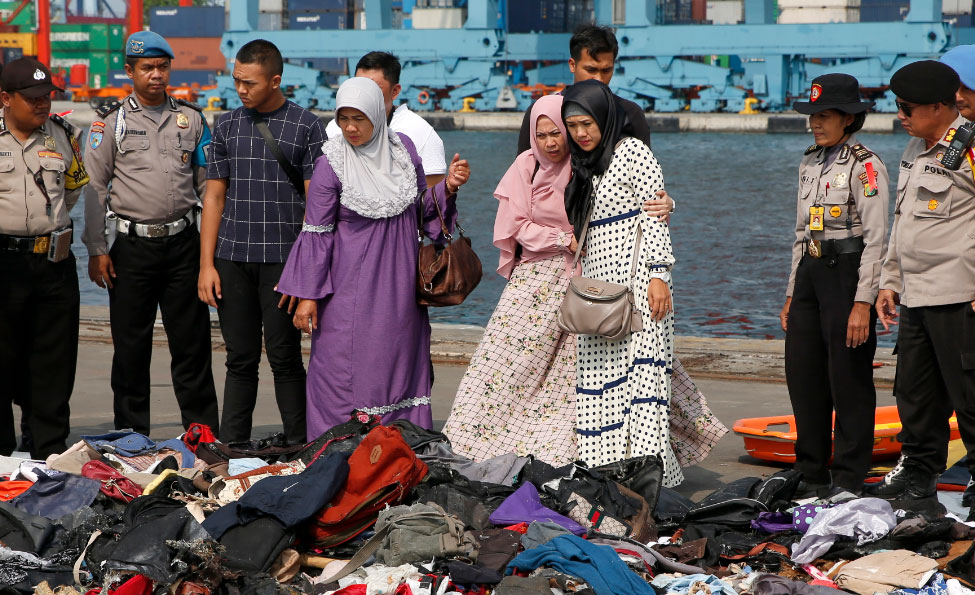
After three minutes and 40 seconds the emergency procedures were found, but critically they weren't completed.
The plane crashed into the sea about seven minutes later.
WARNINGS IGNORED
The plane had only been flying for two months but began having problems a few days before the crash.
A new "angle-of-attack" sensor, which measures the plane's direction relative to oncoming air, was installed while the aircraft was on the Indonesian island of Bali a day before the crash. The sensor wasn't properly calibrated during an earlier repair, leaving it out of alignment, and might not have been tested correctly.
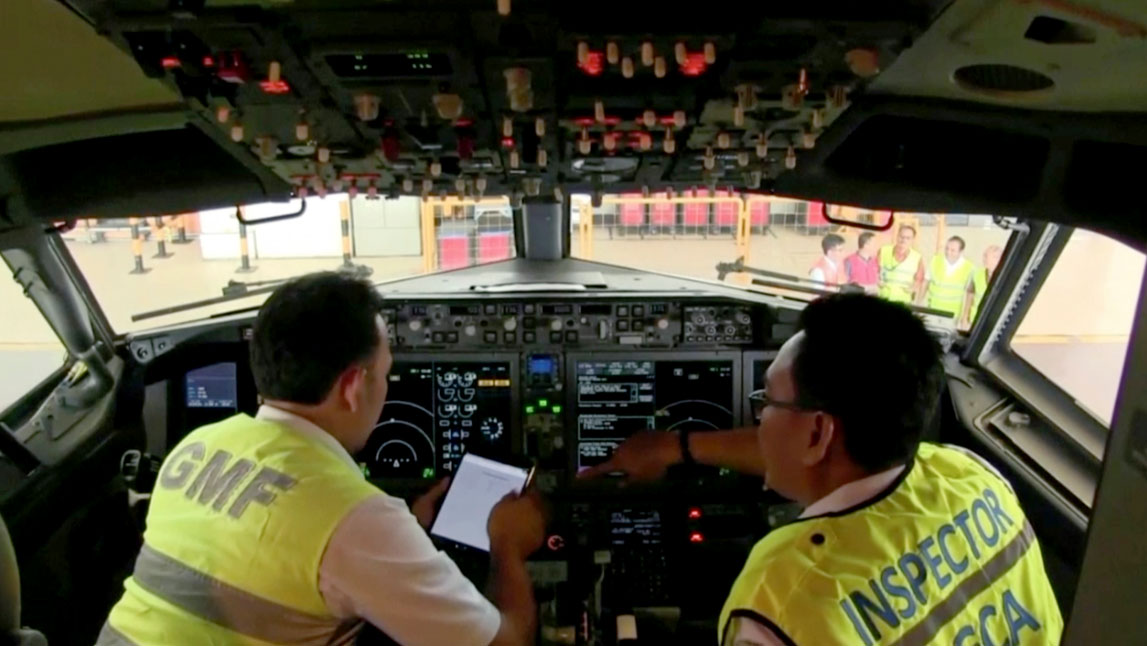
The US Federal Aviation Authority last week revoked the licence of the Florida company that repaired the sensor.
On a flight the day before the Lion Air crash, pilots were bombarded by warnings about airspeed, altitude and an impending stall. The captain and co-pilot regained control of the plane by manually overriding the automated system with help from a third Lion Air pilot who was hitching a ride in the cockpit jump seat.
After the plane landed safely in Jakarta, the pilots did not fully report the problems they had experienced, which prevented maintenance crews from investigating, according to the report.
BOEING RESPONSE
US aerospace giant Boeing said it was taking Indonesia's findings into account as it makes changes to the Max.
It is redesigning MCAS to take readings from both angle-of-attack sensors on the plane, not just one. MCAS will only push the plane's nose down once based on an erroneous sensor reading, and it will push down with less force. The company is also updating crew manuals and pilot training.
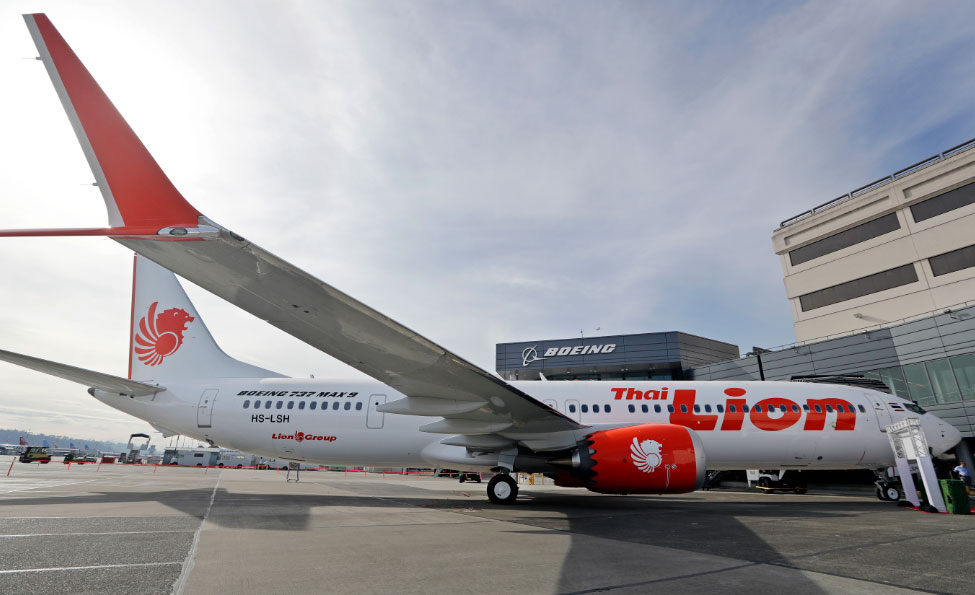
Boeing aims to return the Max to service before the end of the year. The company took out advertisements in major US newspapers on Friday again offering its apologies and detailing steps it is taking to compensate victims' families, update the Max, and improve its safety culture.
Just a handful of families of victims of the crash have reached a settlement with the company, their lawyers told CNN this month.
"We represent 46 victim families [in the Lion Air plane crash]. We reached an agreement on four of those cases," said Mark Lindquist of Herrmann Law Group.
"Negotiations are ongoing. Our goals are justice for the victims, accountability from Boeing and safer skies for everyone-- whether we get there by settlement or by trial."
Lindquist said it's impossible to say how long negotiations will take for the remaining 42 families.
Air travel in Indonesia, the world's fourth most populous country with nearly 270 million people, has surged and budget carriers such as Lion Air have sprung up to accommodate demand. But the industry has struggled to keep pace and faces a shortage of pilots, antiquated infrastructure and poor regulatory oversight. The country has been plagued by a string of deadly accidents in recent years.
With AP, CNN
Source: https://ift.tt/2Wqkogv
Comments
Post a Comment